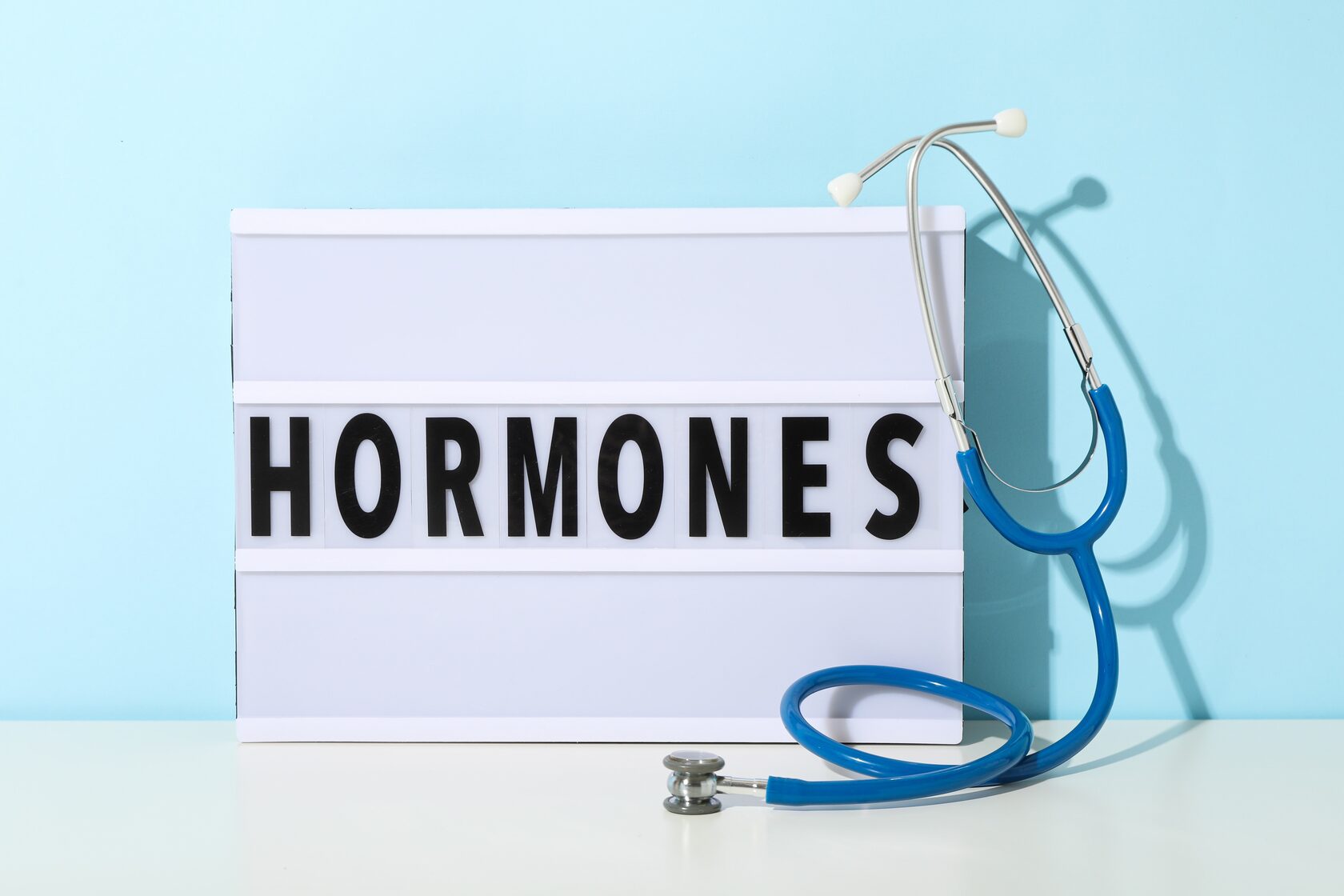Hormonal changes play a crucial role in regulating various aspects of human physiology and behavior. One of the most significant aspects influenced by hormonal changes is a person's mental state. In this article, we will explore the mechanisms by which hormones affect the psyche, as well as the consequences of these changes for human health.
Mechanisms of Influence:
Hormones such as estrogen, progesterone, thyroxine, cortisol, and others play a vital role in regulating mood, stress, and brain functions such as memory and cognitive abilities. For example, estrogen and progesterone often bind to receptors in the brain, influencing the levels of neurotransmitters such as serotonin and dopamine, which, in turn, regulate mood and feelings of well-being. Changes in the levels of these hormones, such as during the menstrual cycle, pregnancy, or menopause, can cause fluctuations in mood and emotional imbalance.
Additionally, hormonal changes can influence the activity of the hypothalamus and pituitary gland, which can lead to changes in stress regulation and stress response. For instance, elevated levels of cortisol, produced by the adrenal glands in response to stress, can induce anxiety and depression.
Health Implications:
Hormonal changes can have a wide range of consequences for a person's mental health. In women, for example, menstrual cycles, pregnancy, postpartum periods, and menopause may be accompanied by changes in mood, anxiety, irritability, and depression. In men, fluctuations in testosterone levels can also affect mood and mental state.
Long-term hormonal changes, such as thyroid disorders or hormonal imbalances, can lead to serious mental disorders, including depression, bipolar disorder, and schizophrenia.
Hormonal changes have a significant impact on a person's mental state, regulating mood, stress, and other aspects of mental health. Understanding the mechanisms by which hormones affect the psyche and the consequences of these changes is an important step toward developing effective methods for diagnosing and treating mental disorders associated with hormonal changes.
